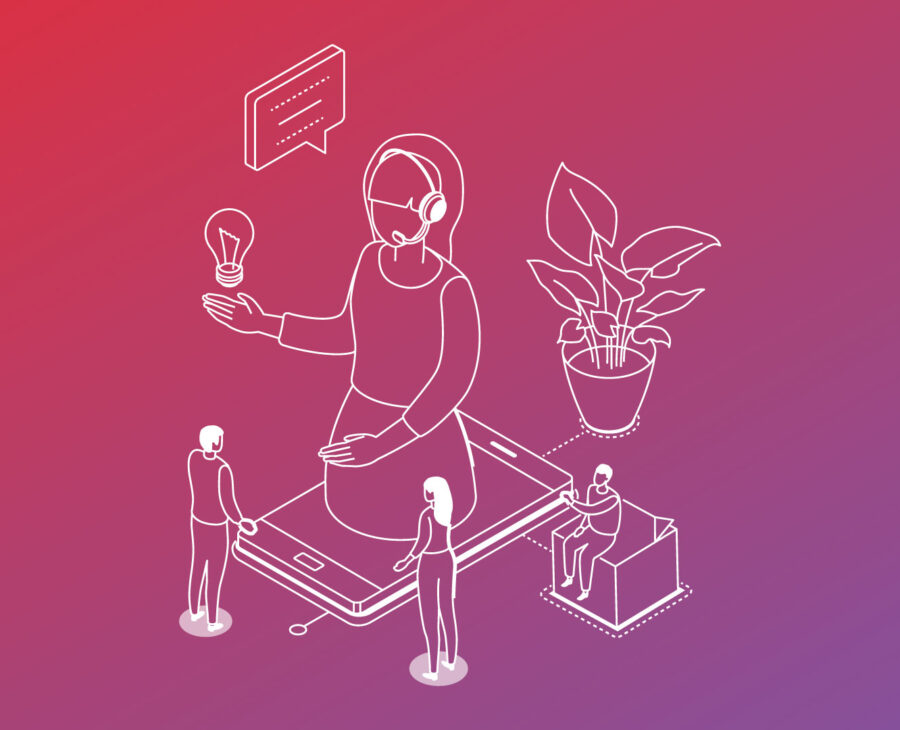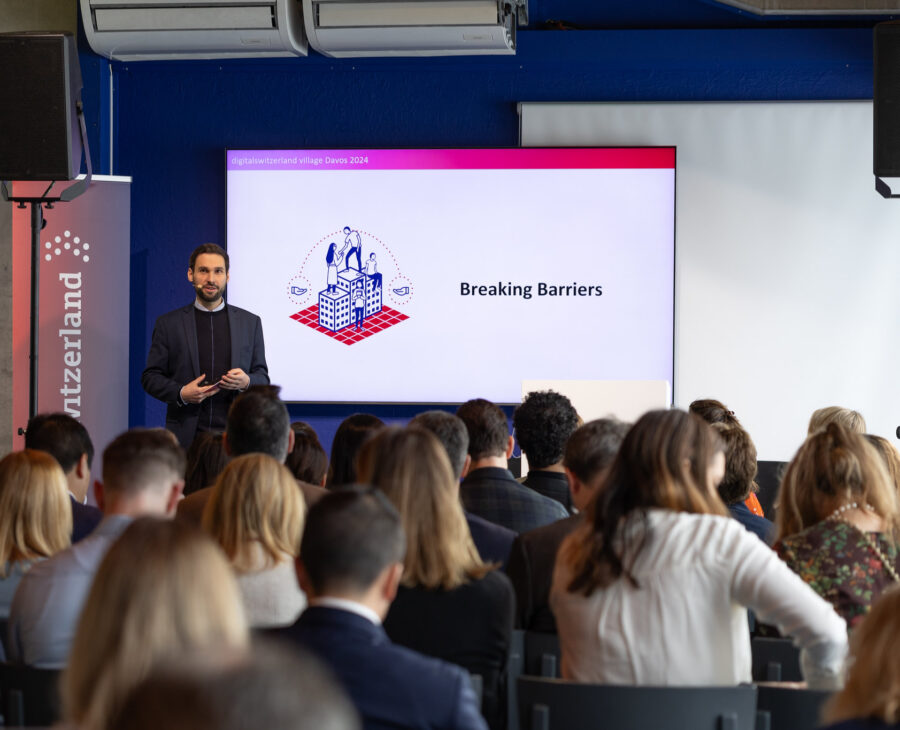A growing online education market
The online learning market is growing at a consistent 5% rate, with a projected $240 billion value by 2023. One of the things heard frequently during EdTech company pitches at various events is that the percentage of online learners is high, yet the percentage of retention and completion is variable. In Switzerland several start-ups are working on developing new applications in education, based in the EdTech Collider in Lausanne. More and more EdTechs are looking at the K12 areas – from kindergarten to the end of school certification, in the USA the SATs and in Switzerland the Maturité. digitalswitzerland is engaged across the board in promoting digitalisation, including throughout school and lifelong education, through its NextGeneration and educationdigital platforms.
From virtual to real – the human element remains important
Khan Academy (see Khan academy with individualized education tools for pupils) was a precursor to a movement that has been more or less widely adopted. A few years back, the big discussion in the online education area was the value of certification. In 2016, the Huffington Post wrote that online certification was a great way to get a job, seeming to close the debate in the public eye. Classes, which prior to the digital age were restricted to ex cathedra lectures, talks and exercises based on physical products (e.g. in biology and chemistry classes), can now be designed differently. Both teachers and students can and indeed are using different tools, which range from engaging devices to teach the students to online courses and games, and virtual reality.
A real, live classroom offers all sorts of validations for learning: behavioural, social, academic and community involvement, which many of the new purely digital technologies did not provide for teachers or students. It is interesting to see that now that avatars, gaming and VR and other technologies are bringing in these dimensions. As a complement, Khan Academy has now opened an experimental real school called Khan Lab School.
Education in and out of school
What Khan Academy has excelled at is precisely what others are struggling with: retention and completion. By personalising learning, they could jump start results. Within Switzerland, schooling is compulsory, so children either have to attend classes in public schools or be schooled elsewhere. The system is not geared towards personalised learning, causing some families to pull their children out of the formal system. Thus homeschooling is on the rise, with some 1,000 children in Switzerland being schooled at home, 40% of which are in the canton of Vaud.
Online courses support and complement compulsory course work in school and at home. However, the exams remain state exams. Thus the philosophical question remains whether certification is still important in a fast-changing world in which we know that a large percentage of professions that exist today will no longer exist tomorrow and what must change in the education system to prepare our children for this fast evolution. Khan Academy’s initial success based on personalised learning gave high retention and completion rates as the need was high. This led to the need for certification. There will be a change in certification, in what direction and how institutions handle it, one that only the future will reveal how this develops. What is certain is that personalised learning is here to stay: everyone has access to whatever he or she wants to learn.
It is up to you to take the chances and keep learning… lifelong.






